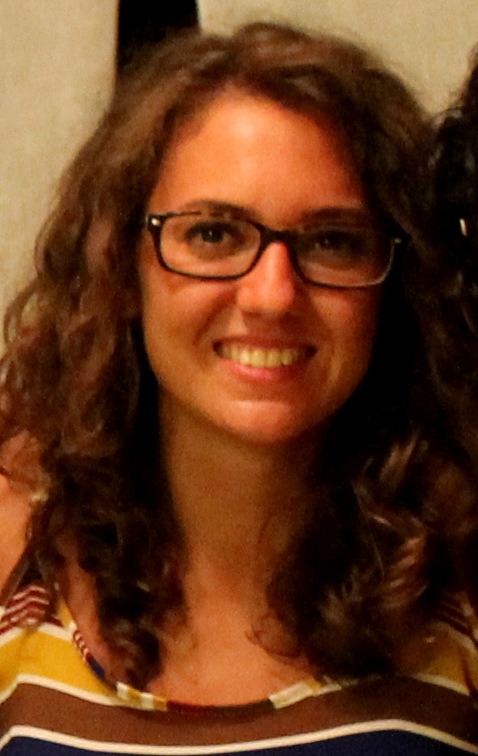
ESR project: Development of synthetic and natural nano-glycomaterials with defined corona for enhanced blood circulation and low immunogenicity
Supervisor: Dr Marco Monopoli
Institution: Royal College of Surgeons in Ireland, IE
Country of origin: Italy
NanoCarb research: This PhD project seeks to understand a higher complexity of functionalized nanoparticles-corona complexes and shed the lights on the role of the glycans and the cellular receptor recognition, receptor activation and signal transduction and in vitro toxicity. In particular, Eva will synthesize and characterize new nanoparticles exploring different materials, shapes and dimensions; she then will isolate a large set of glycans that will be subsequently conjugated on the NP surface using appropriate linkers and surface chemistry approaches. Eventually, she will evaluate how the NP type and glycan coating will influence cellular receptor recognition and cellular toxicity, studying their interaction with various lectins.
Scientific background: Eva obtained her Bachelor’s degree in Chemistry at the University of Parma in 2014, where she worked on the synthesis of calix[4]arene and its functionalization on the upper edge with fluorophores. Afterwards, she continued her studies obtaining her Master’s degree in Chemistry (curriculum: Biomolecular Chemistry) at the University of Parma in 2017. During this time, she studied abroad for over one year through the Erasmus+ program: she first spent 5 months in the University of Sevilla, Spain, and later on the same year, she moved to Berlin, Germany, where she spent 7 months working on her Master’s thesis at the Freie University, in the group of Prof. Calderón. Here she synthesized and characterized a thermoresponsive nanogel for reversible cell membrane interactions for its application in nanomedicine.